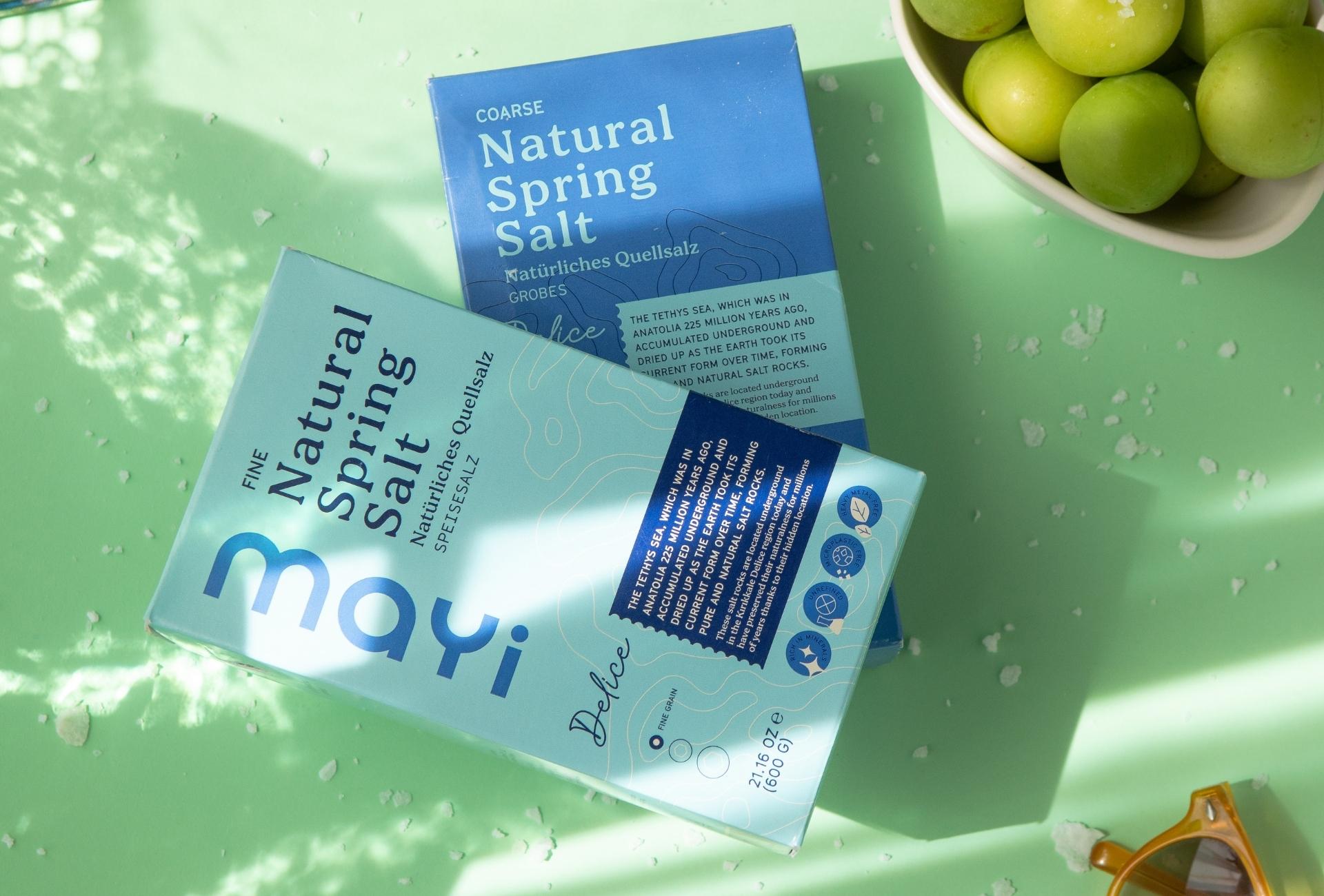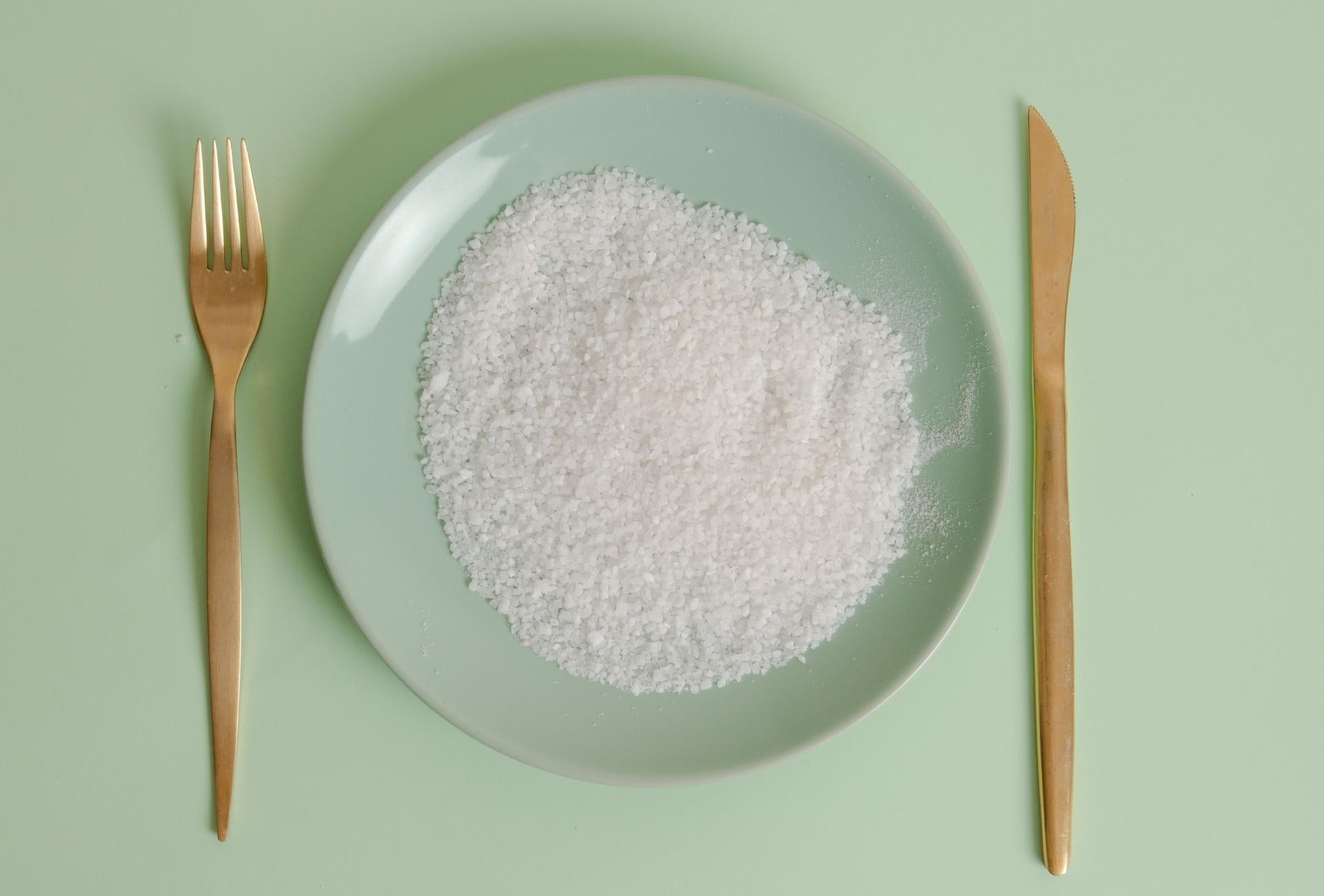Salt is a staple in kitchens around the globe, and a common variant is iodized salt, which has had iodine added to it—a micronutrient essential for thyroid function. Consumers often wonder about the shelf life of this enhanced product and whether the added iodine remains stable over time. While pure salt (sodium chloride) can last indefinitely if kept dry and unexposed to contaminants, the iodine present in iodized salt can indeed degrade, though it does so very slowly. Factors such as exposure to air, humidity, and storage conditions can influence the rate of deterioration. In optimal storage conditions — cool, dry, and sealed away from light — iodized salt can maintain its iodine content for several years, ensuring that consumers continue to receive its vital health benefits.
For the health-conscious and culinary-minded alike, ensuring the longevity of iodine in salt is a worthwhile concern. Mayi Salt takes this into consideration with our naturally sourced salts, offering considerations for optimal storage to our customers. Unlike some of our competitors who may overlook the aspect of preserving iodine content over time, we at Mayi Salt understand that the quality and enduring nutritional value of our products is paramount. Our commitment extends beyond merely providing a seasoning; we strive to ensure that each sprinkle of Mayi Salt delivers not just flavor, but the sustained benefit of essential nutrients. By choosing our naturally sourced salts, customers can rest assured that they're receiving a product designed with both their health and their taste buds in mind.




